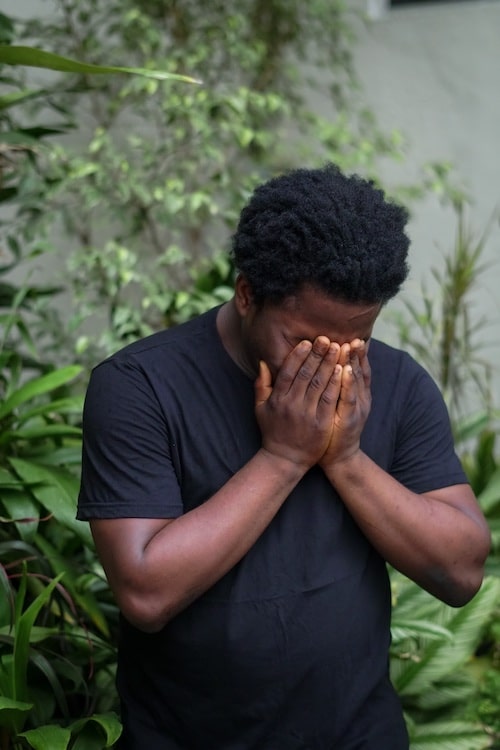We enjoyed an interesting and thought provoking in-person seminar with our host, Briony Martin. The…

How to Work when Therapy isn’t Working: Perceiving and Understanding ‘Enactment’ in the Therapeutic Relationship – with Michael Soth (June 2019)
The Inter-subjective ‘Soup’
Michael Soth is one of the foremost body therapists working in the UK today. In this invigorating and challenging workshop, delegates were able to explore the complex co-tranferential processes at play at those times where the therapy gets stuck. Using an inter-subjective lens which integrates the wisdom of both the humanistic and psychoanalytic traditions, we experimented with slowing down the therapeutic process to explore the co-created ‘soup’ between client and therapist. He starts with the premise that “the deep work starts when, as a therapist, you don’t know what to do.” It is vital to embrace, and be curious, about those moments when we feel hijacked or de-skilled as they are vital clues about what is happening in the relational dance.
Three types of Contact
Michael finds it useful to think in terms of three kinds of contact that are possible within the therapeutic relationship:
a) First we have those times when the therapist experiences a deep sense of resonance and empathic attunement with the client; connection seems profound and spontaneous.
b) Then we need to notice those times when the relationship shifts into moments of dissonance as well as resonance. There may be conflict, ruptures, a sense of a disturbance where the therapist may be unsure what to do or be torn between conflicting impulses.
c) The third kind of possible contact describes those moments when the therapist experiences extreme conflict or pressure, feel themselves to be adrift or de-skilled. It is in these moments, Soth believes, that we need to be alert to the possibility that we are party to an enactment of the client’s past wounds or our own.
Noticing in the Moment
We did not explore in depth how to manage these moments as they occur, instead much of the focus was on a deep reflective supervision process: how supportive, and indeed revelatory, it can be to use a three chair technique to shuttle between a somatic awareness of your own position and that of your client and then of an observer of the dance. We were given a clear protocol to support this process: noticing our own embodied experience, then moving to describing in detail what we noticed about the client’s embodied process, then moving chairs and attempting to sense into that process from the inside and see how it felt to be on the receiving end of our own therapeutic interventions.
Window of Tolerance
Michael encourages us to think of the Window of Tolerance, not as existing within the autonomous shell of an ‘individual’ but as a feature of a relational field. Within the Window of Tolerance of a given therapeutic relationship there exist habitual modes and fixed character structures – both for the client and the therapist. These habitual modes are the creative adjustments that we have all made in the past to try to regulate ourselves. Change does not happen within this zone. Change happens within that upper edge of the Window of Tolerance we might call the ‘safe emergency’. It is in this zone that the client is implicitly crying out; “I can’t do this anymore! Something needs to shift!” It is necessarily a place of unease and pressure and it is the therapist’s job to resist the temptation to tidy things up and to stay with the client in the mess until the new emerges.
Stay in the Discomfort
The essence of this workshop was an encouragement to the therapist to stay in the discomfort. And that was my abiding memory of the day. It was uncomfortable and unsettling at times. But deeply growthful. I look forward to inviting Michael back to explore in more depth how to navigate the mess in the moment in the therapy room. I was left with as many questions as answers. A mark of a great training.
By: Helen Franklin, delegate and integrative psychotherapist.
July 2019
Note from Organiser (Wendy Bramham):
I’d like to thank delegates for their participation and generous contributions to this event, and for their honest feedback. Our average scores from 16 feedback forms:
Organisation of Event: 4.56 out of 5
Speaker of the seminar (Michael Soth): 4.75
“I particularly enjoyed the experiential nature of the event and that this was so skilfuly and tactfully facilitated. Also the body of knowledge shared.”
“I particularly enjoyed the style and delivery of the content by Michael”
“I enjoyed watching the internal supervisor part of the enactment”
I valued the experiential learning opportunities, energy and humour”. Carol Bennett
“I liked the mix of theory and interaction. The visualisation allowed for more professional reflection”




This Post Has 0 Comments